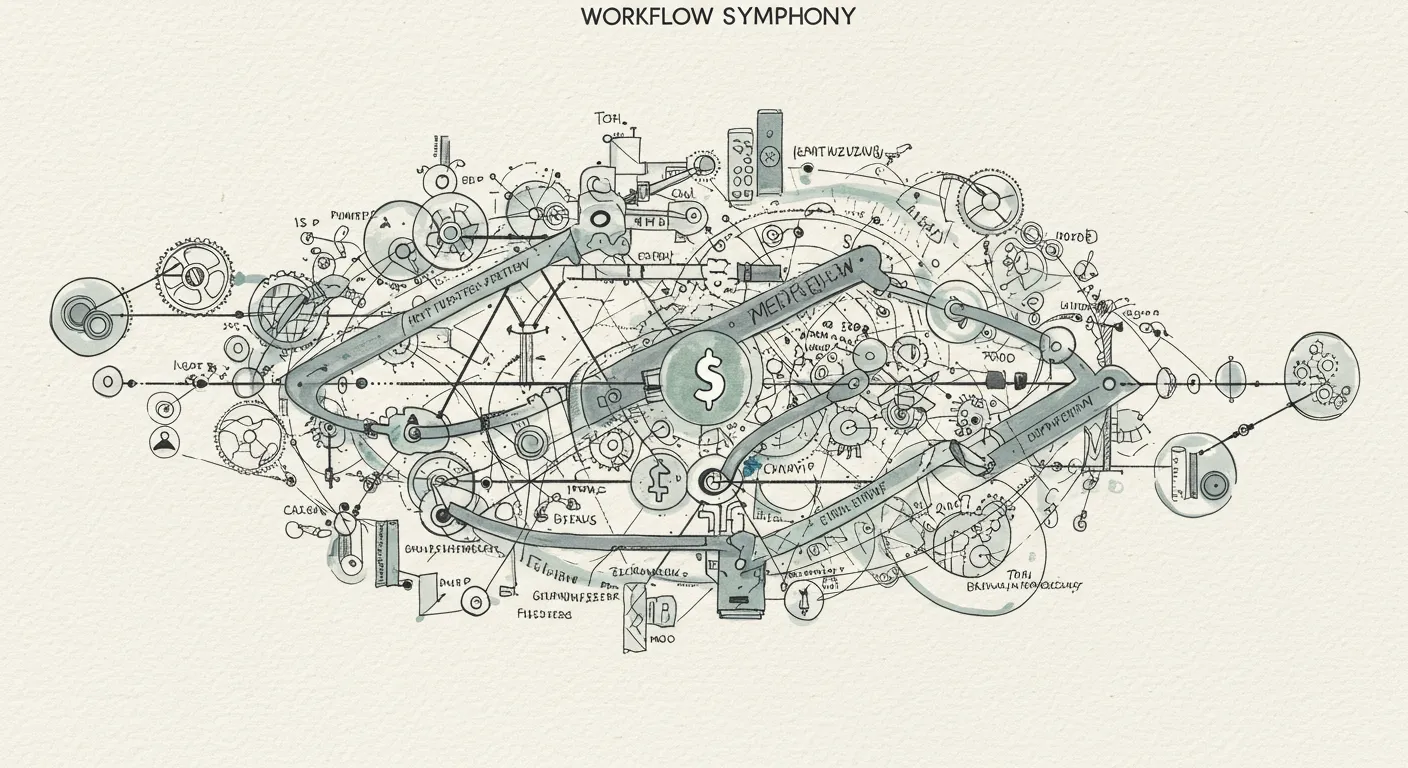In the ever-evolving landscape of software development, a new player has emerged to tackle the complex world of task orchestration. Hatchet, an open-source platform built on PostgreSQL, is challenging traditional approaches to managing background tasks and workflows, offering developers a flexible and powerful alternative to existing solutions.
The platform's genesis is rooted in a fundamental challenge faced by many engineering teams: how to efficiently manage and scale task queues without becoming entangled in complex infrastructure. By leveraging PostgreSQL as its core database, Hatchet has taken an unconventional approach that sets it apart from competitors like Temporal and Celery.
What makes Hatchet particularly intriguing is its commitment to simplicity and portability. The developers deliberately chose to build on a general-purpose database, allowing for more flexible workflow designs and avoiding vendor lock-in. This approach has already paid dividends, with the platform processing over 20,000 tasks per minute just a year after its initial launch.
The platform's latest version introduces several groundbreaking features, including DAG-based workflows, durable execution capabilities, and advanced queue management. These innovations address critical pain points for developers, such as handling complex conditional workflows, managing task retries, and maintaining system reliability under high load.
Perhaps most importantly, Hatchet represents a broader shift in how developers think about task orchestration. By providing an open-source, PostgreSQL-native solution, the team is empowering engineering teams to build more resilient, scalable, and maintainable background processing systems.


